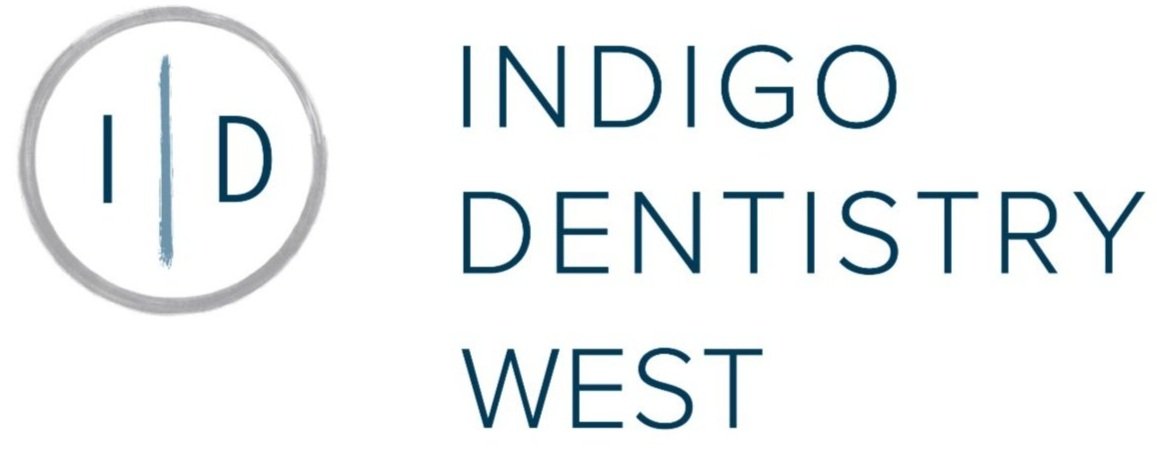Understanding Dentures: What Every Patient Should Know
Dentures have become a popular solution for individuals dealing with tooth loss, providing a reliable and efficient way to restore oral aesthetics and functionality. However, it is essential for patients to fully understand what dentures entail to ensure they make informed decisions about their oral health. In this blog, we will explore the essential aspects of dentures, addressing common concerns, benefits, care routines, and overall maintenance to empower you with knowledge before embarking on your denture journey.
Dentures have become increasingly common as a solution for individuals who are dealing with tooth loss. They offer a reliable and effective way to restore both the aesthetic appearance and functionality of the mouth. It is crucial that individuals considering dentures have a complete understanding of what they entail in order to make informed decisions about their oral health.
In this blog, we will delve into the essential aspects of dentures, addressing various concerns that patients may have. We will discuss the benefits of dentures, including the improvement in speech and chewing ability that they provide. Additionally, we will explore the care routines necessary to maintain the longevity and functionality of dentures. This will include guidance on cleaning and storage techniques, as well as regular check-ups with a dental professional.
This blog will emphasize the importance of overall maintenance when it comes to dentures. It will educate readers on potential oral health issues that may arise when wearing dentures and provide advice on how to prevent and address them. By equipping individuals with this knowledge, they will be better prepared to embark on their denture journey and confidently navigate any challenges that may arise.
Overall, this blog aims to empower individuals by providing them with a comprehensive understanding of dentures before they make any decisions about their oral health. By exploring the various aspects of denture care, we hope to enhance the overall experience and satisfaction of denture wearers, ensuring that they can enjoy the benefits of restored oral aesthetics and functionality to the fullest extent.
Types of Dentures:
Full Dentures: Full dentures are used when all of the natural teeth are missing. They consist of a removable acrylic base that is colored to resemble gum tissue, and an entire set of artificial teeth is attached to the base. Full dentures provide a complete set of teeth, allowing for proper chewing and speaking.
Partial Dentures: Partial dentures are used when some natural teeth remain in the jaw. They are designed to fill in the gaps left by missing teeth and prevent the remaining teeth from shifting. Partial dentures are typically made of a metal framework that attaches to the natural teeth and supports artificial teeth in the areas where teeth are missing.
Flexible Dentures: Flexible dentures are a more comfortable and aesthetic alternative to traditional dentures. They are made from a flexible resin material that closely matches the natural gum tissue. This makes them more comfortable to wear and less likely to break or crack.
Implant-Supported Dentures: Implant-supported dentures are secured in the jawbone with dental implants, which are titanium posts that are surgically placed in the jaw. The denture is then attached to the implants, providing a sturdy and permanent solution for missing teeth. Implant-supported dentures offer better stability and a more natural feel compared to traditional dentures.
Choosing the right type of denture is essential for maintaining oral health and improving quality of life. Your dentist will evaluate your oral health, discuss your preferences, and recommend the most appropriate option for you. Each type of denture has its own advantages and disadvantages, and your budget may also play a role in the decision-making process. Remember, regular dental check-ups and proper oral hygiene are crucial for the longevity and effectiveness of dentures, regardless of the type chosen.
The Benefits of Dentures:
Dentures offer numerous advantages for individuals who have experienced tooth loss:
Restored Functionality: Dentures enable efficient chewing, improved speech, and aid in maintaining facial structure, preventing sagging and changes in appearance.
Enhanced Confidence: By replacing missing teeth, dentures help restore smiles, ensuring individuals feel confident and comfortable in social interactions.
Affordable Solution: Dentures are often a more cost effective option compared to dental implants or bridges, making them accessible to a wider range of patients.
Denture Care and Maintenance:
Proper care and regular maintenance are crucial for the longevity and performance of dentures. Here are some essential tips:
Cleaning Routine: Clean your dentures daily to prevent plaque buildup, stains, and bad odors. Use a non-abrasive denture cleaner or mild soap with lukewarm water, and avoid using toothpaste, which can damage the denture's surface.
Oral Hygiene: Even with dentures, it is essential to maintain excellent oral hygiene. Brush your gums, tongue, and remaining natural teeth with a soft-bristle toothbrush before wearing dentures.
Regular Dental Visits: Schedule routine dental appointments to allow your dentist to examine your dentures, make any necessary adjustments, and ensure your oral health is in optimal condition.
Adaptation Period and Adjustments: Wearing dentures for the first time may lead to a common adjustment period for patients. During this period, it is not uncommon to experience a certain level of discomfort and face difficulty in chewing or speaking. However, it is important not to worry as these issues can typically be resolved through a few key steps. Time plays a significant role in the adjustment process, as it allows your mouth and the surrounding tissues to become accustomed to the presence of dentures. The more you wear them, the more comfortable you will become. Similarly, practicing activities like chewing and speaking with your dentures will help you adapt more quickly and effectively. Additionally, effective communication with your dentist is crucial during this time. They can make necessary adjustments to ensure a proper fit and comfort level. By working together, you can address any concerns and find solutions to any persistent discomfort you may be experiencing. Ultimately, with patience and support from your dentist, the initial adjustment period when wearing dentures will usually pass, allowing for a comfortable and functional denture-wearing experience.
Dentures have long been recognized as a reliable and efficient solution for those who have experienced tooth loss. Not only do they provide the ability to properly chew and consume food, but they also restore confidence and offer a natural-looking smile. With the assistance of regular dental visits and proper care, you can expect your dentures to last for many years, significantly enhancing your overall quality of life. It's important to familiarize yourself with the various types of dentures available, as well as the benefits they offer. Additionally, understanding the necessary care routines and adaptation period is essential in order to make well-informed decisions about your denture journey. By equipping yourself with this knowledge, you can approach the process confidently and prepare for a positive and successful experience with your new dentures. If you think you or someone you know could be a candidate for dentures contact our office today at (803) 796-9312 or email us at Indigod

